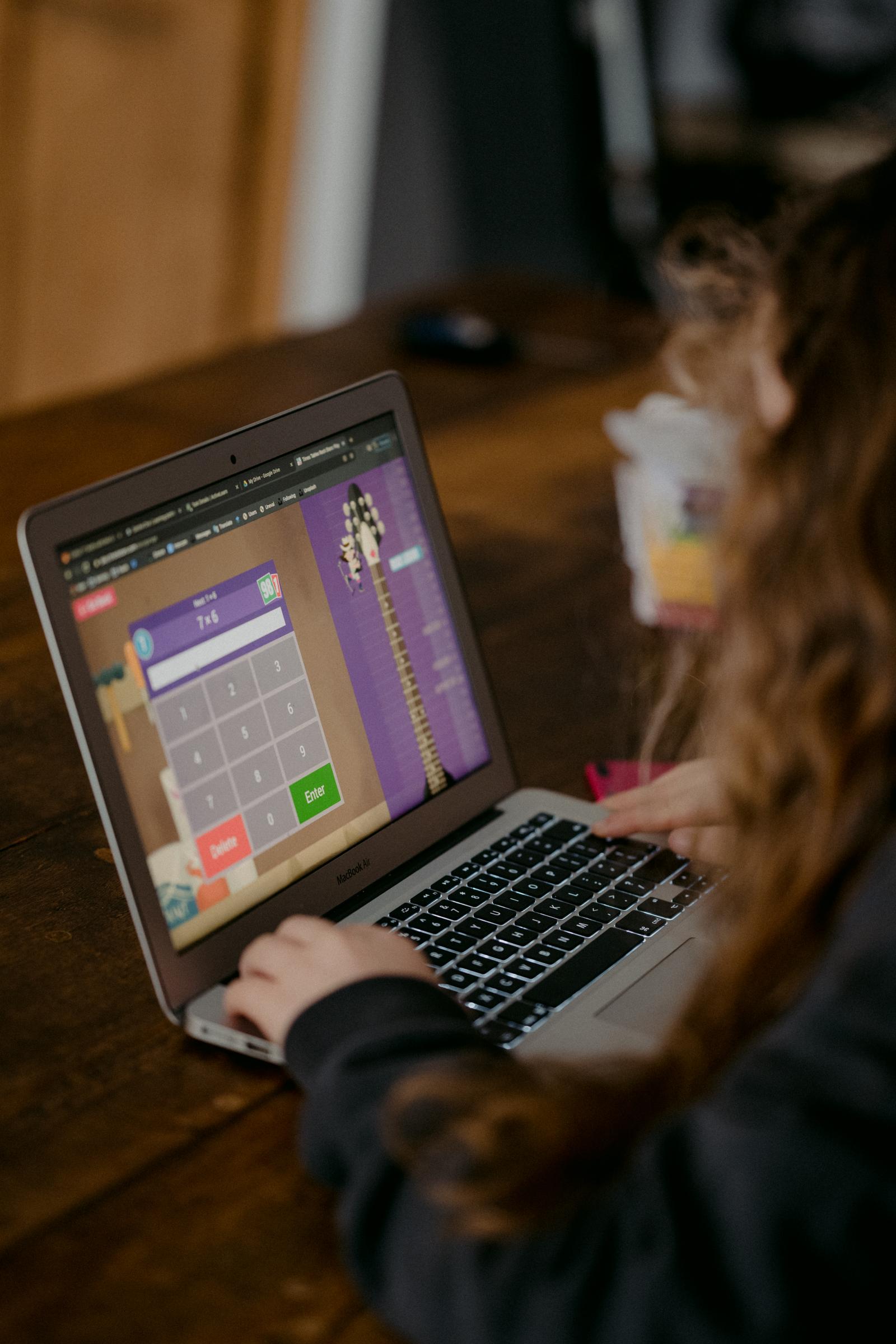Pastoral Care
Support learning from home

Pastoral Care
Support learning from home
The way your child learns at home may be different from how they have been learning at school. As a parent or carer, your role is not to replace the teacher. It is to support your child or young person’s learning provided by the school.
You can support your child by:
Children and young people are used to the routine and structure of school. To support their ongoing learning, it is important they have as much routine and certainty as possible in their day. You can support your child or young person’s learning by:
Some students may have usual places where they do their homework. This space might not be suitable to study or learn at for a long time.
The best learning space is:
We encourage you to start and finish each day with a simple check-in. These check-ins can be a regular part of each day.
These questions allow your child to process the instructions they get from their teachers and help them organise themselves and set priorities.
You could also check-in with your child throughout the day. This depends on your child’s needs.
Exercise is proven to de-stress us and get our blood pumping around our body and brain. This helps us focus and learn. Exercise can also trigger the release of mood improving hormones.
If your child is feeling restless, they might need to get up and move around. It’s important to exercise every day and find time for short movement breaks in-between learning.
Some ways you can do this are:
Encourage your child to keep in regular contact with loved ones, family and friends. They could do this via phone, email or social media (where appropriate). This will help them to feel connected and not isolated.
You know your child best – check in with them regularly. If you notice they’re feeling a bit anxious about learning, it’s ok to take a break and do something different. You could try another activity that your child is passionate about or just have some down time.
Some downtime activities are:
Further information from the College:
Article sources:
https://www.education.tas.gov.au/learning-at-home/supporting-learning-at-home/
https://www.coronavirus.vic.gov.au/support-your-childs-learning
https://www.education.sa.gov.au/our-learning-sa/covid-19/setting-learning-home
The Pastoral Care Team